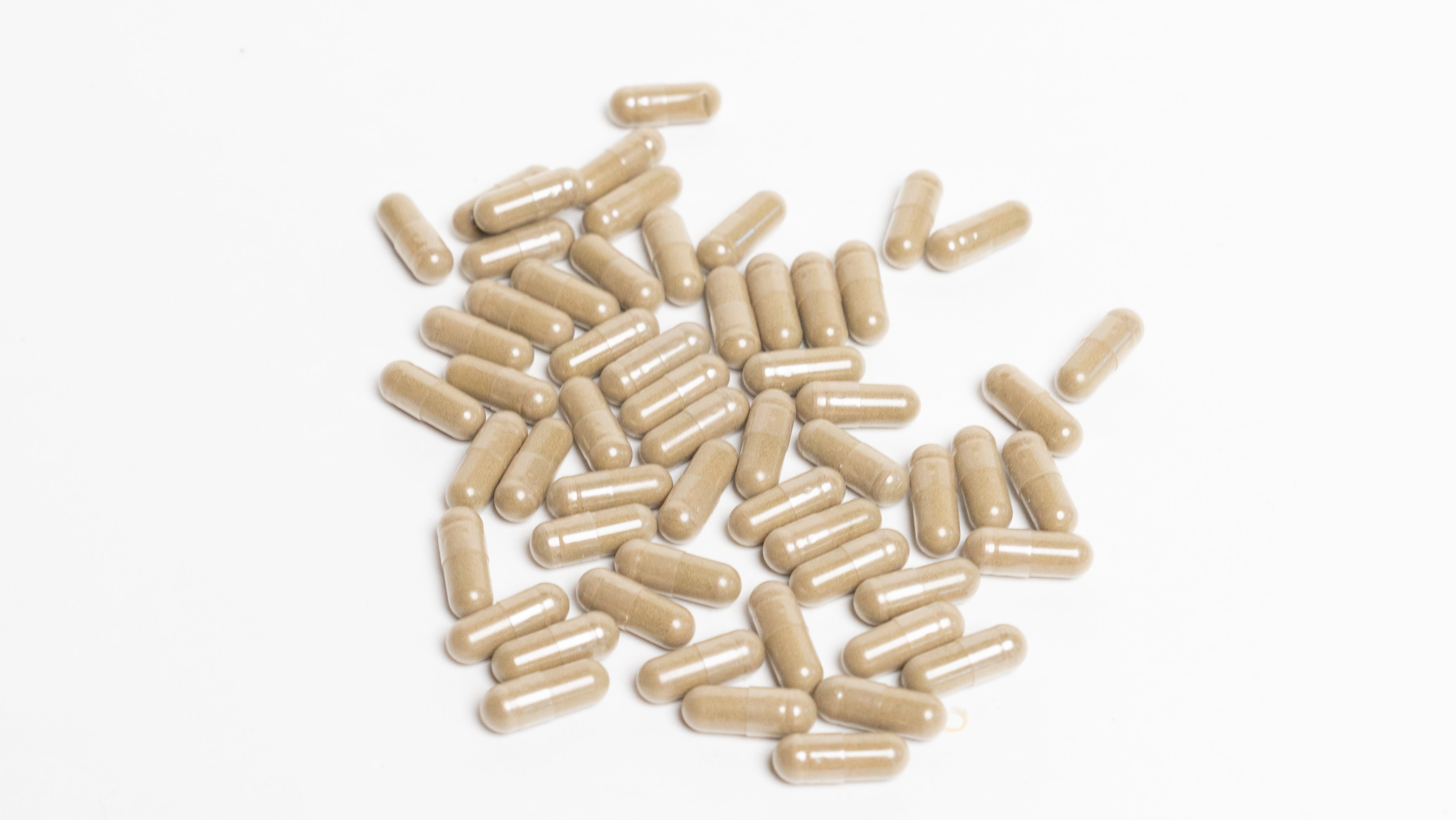
What Research Says About Plant-Based Diets & Blood Pressure
If you're considering a plant-based diet to help lower your blood pressure, you may be wondering what the research says. A plant-based diet is one that emphasizes fruits, vegetables, whole grains, and legumes, and limits animal products.
There is some evidence to suggest that a plant-based diet can help lower blood pressure. A 2012 study found that a diet rich in fruits, vegetables, and low-fat dairy products (a so-called "DASH" diet) was associated with lower blood pressure. Another study, from 2014, found that a plant-based diet was linked to lower blood pressure, even when people didn't lose weight.
However, it's important to remember that not all plant-based diets are the same. Some plant-based diets may be high in unhealthy foods like refined carbohydrates and unhealthy fats. So, if you're thinking about trying a plant-based diet to lower your blood pressure, be sure to talk to your doctor or a registered dietitian first to make sure it's a healthy option for you.
How to Get Started With a Plant-Based Diet: 7 Tips
If you're interested in trying a plant-based diet to improve your health, here are a few tips to get you started:
1. Talk to Your Doctor
Before you make any changes to your diet, it's always a good idea to talk to your doctor first. They can help you determine if a plant-based diet is a good option for you and can offer advice on how to make the transition.
2. Do Your Research
If you're new to plant-based eating, it's important to do your research so that you know what to expect. There are a lot of resources available online and in books that can help you learn more about plant-based diets and how to cook plant-based meals.
3. Start Slow
If you're used to eating a lot of animal products, you may want to take things slow at first. Try incorporating a few plant-based meals into your diet each week and gradually increase the number as you get more comfortable.
4. Find Recipes You Love
Eating a plant-based diet doesn't have to be boring. There are endless possibilities when it comes to plant-based recipes. Do a quick search online or in cookbooks, and you're sure to find plenty of options that sound delicious.
5. Stock Your Kitchen
Make sure your kitchen is stocked with plant-based staples like fruits, vegetables, whole grains, and legumes. This will make it easier to cook plant-based meals and will help you avoid unhealthy processed foods.
6. Be Prepared
When you're trying a new way of eating, it's always a good idea to be prepared. If you know you'll be out and about, pack snacks and meals with you so that you don't end up eating unhealthy foods.
7. Seek Support
If you're struggling to stick to a plant-based diet, seek out support from friends, family, or a healthcare professional. There are also many online communities that can offer support and advice.
Conclusion
While there is some evidence to suggest that plant-based diets may lower blood pressure, the research is not definitive. There are a number of factors that may contribute to this effect, including the types of foods consumed, the nutrient composition of the diet, and the individual's overall health. Given the lack of definitive evidence, it is important to consult with a healthcare provider before making any changes to your diet.
Learning how to start a plant-based diet can be an intimidating topic for most people, but when you start to dip your toes into this lifestyle and choose the right food groups, you'll realize that there is nothing to be scared of at all.
Plant Based Jeff is the top sea moss provider and plant-based transition coach who provides unique programs to clients who want to switch to the plant-based lifestyle. Besides that, he offers all-natural products, such as wildcrafted sea moss, sea moss capsules, and more.
Connect with us today and start living the plant-based way!



Leave a comment
This site is protected by hCaptcha and the hCaptcha Privacy Policy and Terms of Service apply.